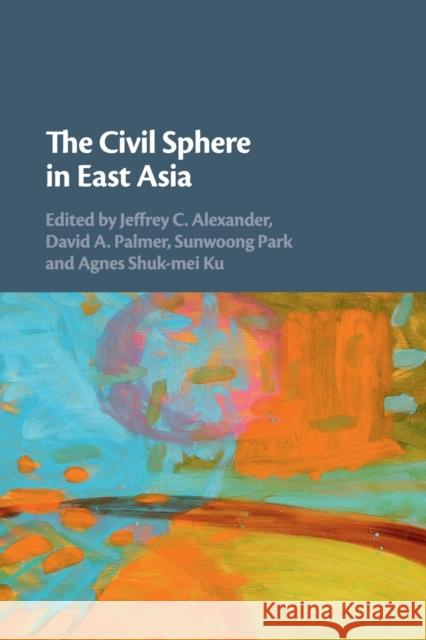The Civil Sphere in East Asia » książka
topmenu
The Civil Sphere in East Asia
ISBN-13: 9781108448208 / Angielski / Miękka / 2020 / 322 str.
The Civil Sphere in East Asia
ISBN-13: 9781108448208 / Angielski / Miękka / 2020 / 322 str.
cena 154,78
(netto: 147,41 VAT: 5%)
Najniższa cena z 30 dni: 115,80
(netto: 147,41 VAT: 5%)
Najniższa cena z 30 dni: 115,80
Termin realizacji zamówienia:
ok. 22 dni roboczych.
ok. 22 dni roboczych.
Darmowa dostawa!
Examines a range of contemporary social and cultural conflicts in East Asia and the echoes they have throughout the world.











